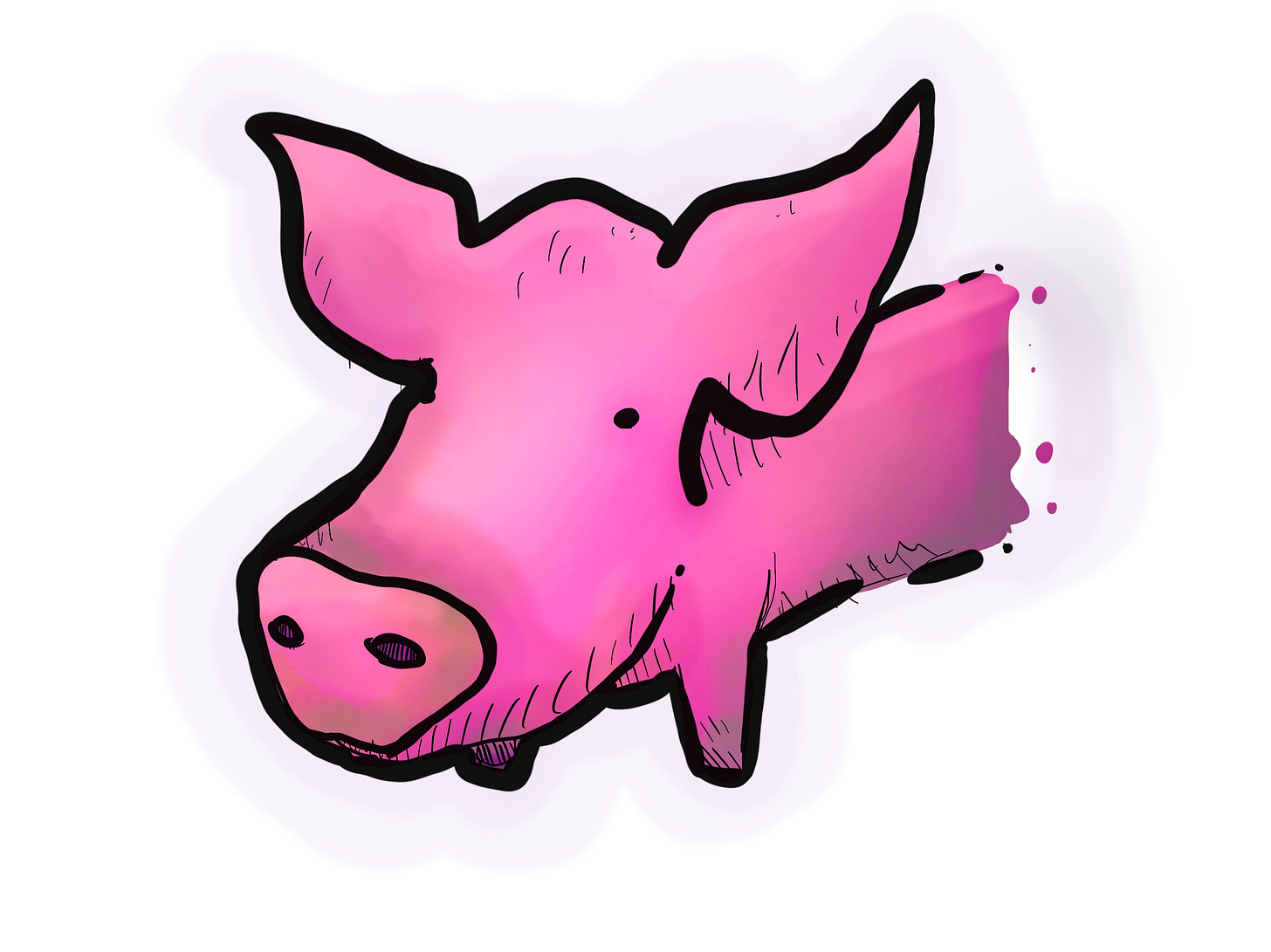It is tempting, when asking What is beauty?, one of the most awesome philosophical questions, to contemplate sunsets, and flowers, and paintings by Titian, and build your theory around them. Functional Beauty, therefore, feels very much out-of-left-field, because its central idea explains the beauty of none of these things.
That idea, roughly, is that being beautiful goes with appearing to be good at performing your function. Parsons and Carlson (PC for short) distinguish two ways to make the idea less rough. On its boldest interpretation, the idea is that
Being beautiful just is appearing to be good at performing your function.
PC shy away from this, for reasons already mentioned. Before reviewing them, though, functions are due an introduction. Something’s function is what it is “for.” A toaster can do many things, from making a humming noise to holding your door open, but only one of the things it can do, namely toast bread, is what it is for; doing that is its function. Similarly, can-openers are for opening cans. The children’s book Teeth are not for Biting is well-intentioned, but any good it achieves is tainted by a lie: biting is in fact one of the functions of teeth.
When it comes to performing its function, a thing may be good or bad, better or worse. Amazon.com will offer you a range of mousetraps, and if you ask the website to order them by price, it will also thereby roughly order them by how good they are at trapping mice. Probably, in this case, the ones that are good at trapping mice also look like (or appear to be) good at trapping mice; similarly for the ones that are bad. You can tell by looking (maybe it takes a close look) that a mousetrap has a weak spring and a shoddy trigger mechanism, both things that make it worse at trapping mice than it might otherwise be.
The bold bolded assertion above identifies appearing good at performing your function with being beautiful. But this is obviously false, because beautiful things abound that have no function at all. A clear full moon rising large on the horizon; the sun peeking through a rosy-fingered dawn; these things may be quite beautiful, but (theological considerations aside) neither is “for” anything.
PC therefore prefer a weaker claim, which may be spelled out in a few different ways:
Keep reading with a 7-day free trial
Subscribe to Mostly Aesthetics to keep reading this post and get 7 days of free access to the full post archives.




